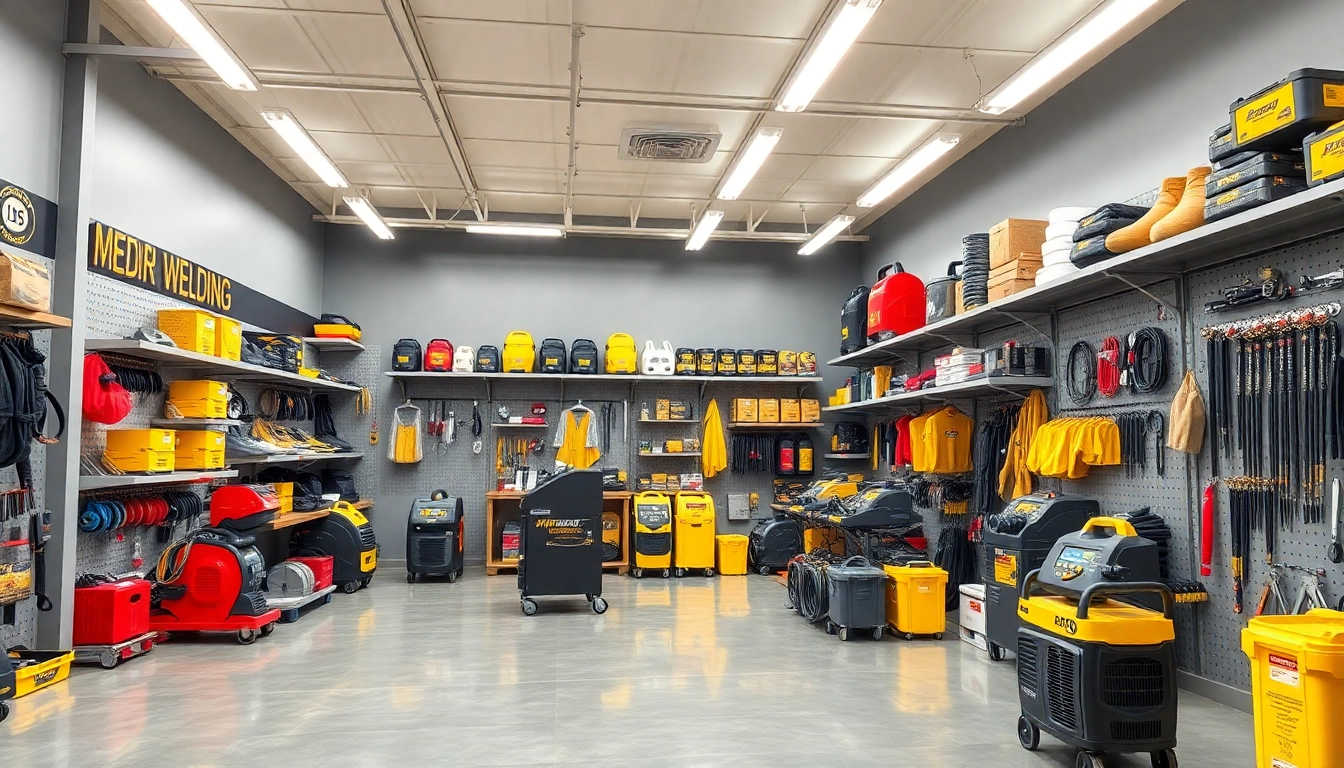Understanding Comprehensive Truck Diagnostic Services
In today’s fast-paced logistics and transportation industry, the reliability of trucks and heavy-duty vehicles is paramount. Comprehensive truck diagnostic and repair services serve as a cornerstone of maintenance, ensuring that fleets operate smoothly and efficiently. These services not only help identify technical issues early but also prevent potential breakdowns that can lead to costly downtime. With a strong focus on vehicle health, businesses can maintain productivity and manage costs effectively.
The Importance of Regular Diagnostics
Regular diagnostics play a critical role in maintaining truck performance and reliability. Like any complex machinery, trucks require periodic checks to diagnose issues before they escalate into major problems. Early detection can prevent serious accidents on the road and enhance safety for drivers and cargo. Moreover, proactive diagnostics are essential for compliance with industry regulations, as they ensure that trucks meet safety and operational standards.
Common Diagnostic Tools Used
A variety of diagnostic tools are utilized in the industry to assess truck health. The following are among the most common:
- OBD-II Scanners: These devices read onboard diagnostics (OBD) codes generated by the truck’s engine management system, helping to troubleshoot engine issues.
- Multimeters: Essential for electrical diagnostics, multimeters measure voltage, current, and resistance in the electrical system.
- Diagnostic Software: Programs tailored for specific truck models can provide in-depth analysis, offering insights into the truck’s performance and diagnostic trouble codes (DTCs).
- Pressure Test Equipment: These tools measure the pressure in various systems (such as fuel and hydraulic systems) to ensure they are functioning correctly.
Understanding Diagnostic Codes and Results
When performing a diagnostic check, the codes generated can often confuse the untrained eye. These codes, known as DTCs, provide valuable information about the malfunctioning systems within the truck. A trained technician can decode these messages to pinpoint issues, whether they relate to the engine, transmission, or electrical systems. For instance, a code indicating a problem with an oxygen sensor could signal efficiency issues, leading to higher fuel consumption and emissions.
Diving into Engine Repair Services
Engine issues are among the most costly and complex challenges faced by truck operators. Comprehending engine repair services can go a long way in minimizing disruptions and enhancing the longevity of the vehicle.
Signs Your Truck Needs Engine Diagnostics
Several indicators may suggest that a truck requires immediate diagnostic checks:
- Decrease in Engine Performance: A noticeable decline in power or efficiency can indicate underlying issues.
- Unusual Noises: Sounds such as knocking or pinging during operation may signify serious mechanical issues.
- Check Engine Light: This is one of the most common indicators that something is amiss and should not be ignored.
- Increased Exhaust Emissions: Changes in exhaust color or volume can suggest incomplete combustion or other serious engine problems.
Steps Involved in Engine Repair
Engine repair encompasses several critical steps, each vital to restoring the truck to optimal performance:
- Diagnostics: Initial tests to assess the engine’s condition and determine specific issues.
- Tear Down: Disassembling parts for thorough inspection.
- Replacement/Repair: Substituting or fixing damaged components, such as pistons or gaskets.
- Reassembly: Putting all components back in place carefully.
- Final Testing: Conducting overall performance tests to ensure repairs have resolved the issues.
Cost Factors for Engine Repairs
The cost of engine repairs can vary dramatically based on several factors:
- Type of Repair: Minor repairs are generally less expensive than substantial overhauls.
- Labor Rates: Regional labor costs can significantly influence total expenses.
- Parts Quality: OEM parts are typically more expensive than aftermarket options, but they may offer better reliability.
- Complexity of the Issue: Some engine problems require extensive labor and expertise, driving up costs.
Electrical System Troubleshooting
Electrical problems can be particularly vexing for truck operators, impacting both functionality and safety. Understanding how to troubleshoot these challenges effectively is essential for operators and repair technicians alike.
How Electrical Issues Affect Truck Performance
The truck’s electrical system is integral to its overall operation. Issues can lead to compromised performance, manifested by:
- Impaired ignition, making it difficult for the truck to start.
- Faulty lighting systems, compromising safety during night operations.
- Erratic functioning of electronic components, such as the ABS (Anti-lock Braking System).
Common Electrical Problems Diagnosed
Several common electrical issues can arise in trucks, including:
- Battery Failure: A dead or weak battery can render the truck inoperable.
- Alternator Issues: Problems with the alternator can affect the battery’s ability to charge, leading to system failures.
- Wiring Problems: Damaged or corroded wires can disrupt electrical flow, causing various system malfunctions.
- Grounding Issues: Poor grounding connections can lead to numerous electrical anomalies.
Repairing and Replacing Electrical Components
Repairing electrical issues often involves the following steps:
- Diagnosis: Identifying the source of the problem using diagnostic tools.
- Component Inspection: Checking wiring, connectors, and components for damage or wear.
- Repair/Replacement: Fixing or replacing malfunctioning components as necessary.
- Testing: Ensuring that repaired electrical systems operate correctly and reliably.
Benefits of Preventative Maintenance
Preventative maintenance stands as a proactive approach to truck care, aimed at avoiding major failures and enhancing vehicle longevity.
Routine Services for Truck Longevity
Routine services typically encompass:
- Oil Changes: Essential for keeping the engine lubricated and running smoothly.
- Brake Inspections: Ensuring that brakes are functioning effectively is crucial for safety.
- Tire Rotations: Promoting even tire wear and extending their lifespan.
- Fluid Checks: Regular inspections of transmission fluids and coolants to maintain optimal performance.
Cost Savings Through Preventative Measures
Investing in preventative maintenance can yield significant cost savings over time by:
- Reducing the frequency of major repairs, which are often costly and labor-intensive.
- Extending the lifespan of the vehicle, maximizing initial investment returns.
- Enhancing fuel efficiency, thus reducing operational costs associated with excess fuel consumption.
Creating a Maintenance Schedule
A well-structured maintenance schedule can streamline the management of truck upkeep:
- Daily Checks: Visual inspections of tires, lights, and fluids.
- Weekly Services: More detailed checks and fluid level assessments.
- Monthly Maintenance: Comprehensive checks of critical systems and components.
- Annual Reviews: In-depth inspections and any required overhauls or certifications.
Choosing the Right Truck Repair Service
Selecting a quality truck repair service is critical for maintaining the integrity and performance of your fleet.
Evaluating Service Quality and Expertise
When choosing a repair service, consider the following factors:
- Certifications: Ensure technicians are certified and trained in modern truck diagnostics and repairs.
- Experience: Established services often have a proven track record that can be beneficial.
- Range of Services: A full-service shop can care for all truck issues under one roof, ensuring consistency and reliability.
Customer Reviews and Ratings Insights
Customer feedback can provide insights into a repair service’s reliability and quality:
- Online Reviews: Platforms like Google Reviews and Yelp can surface potential issues or highlight exceptional service.
- Word of Mouth: Recommendations from peers in the industry can point you to trustworthy services.
- Customer Retention: High return rates can indicate satisfaction and quality service provision.
The Importance of Warranty and Service Guarantees
Choosing a service that offers warranties or guarantees can protect your investment:
- Warranty on Labor: Ensures that if issues recur shortly after repair, you are not burdened with additional costs.
- Parts Guarantees: Quality parts often come with guarantees, prolonging your service life and providing peace of mind.
- Customer Service Promises: A commitment to quick turnaround times and customer satisfaction can enhance long-term relationships.



